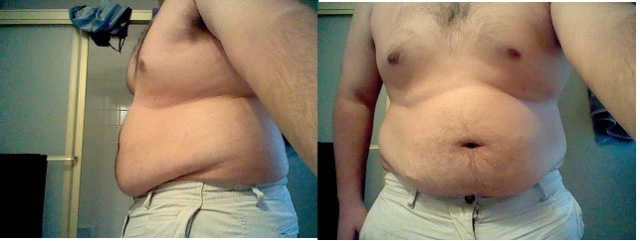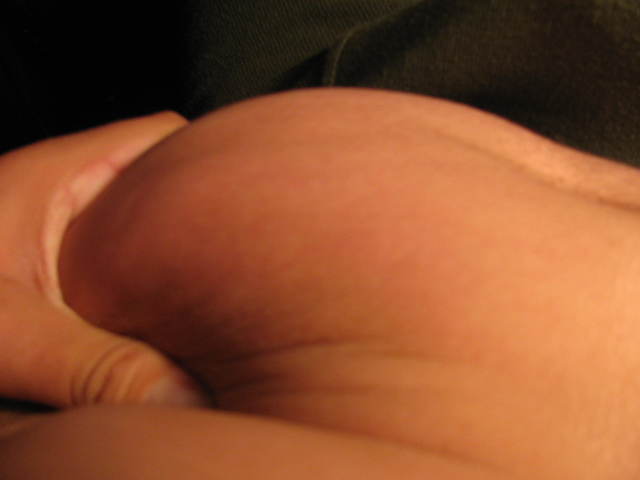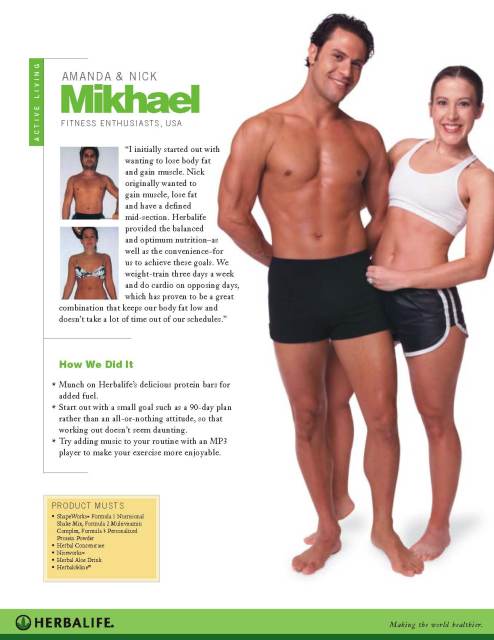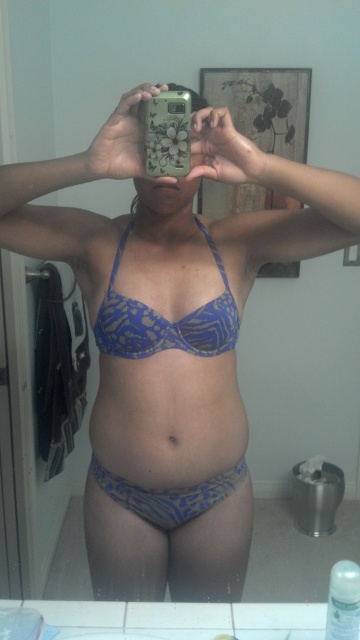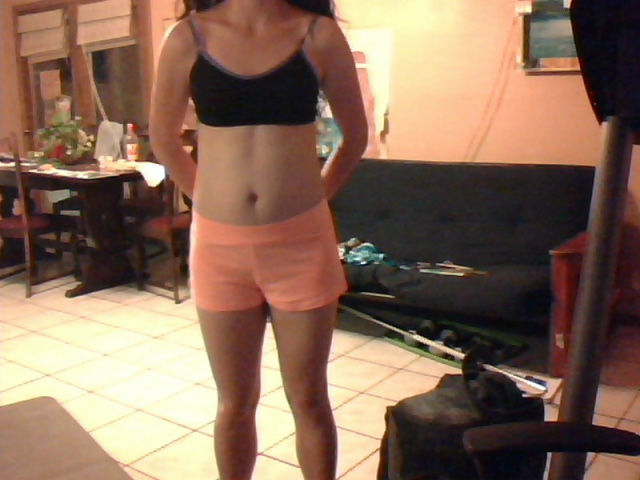Question about food and digestion
Question
QUESTION: I have been going to a dietician for beter health. She told me that cells use a form of sugar - only - for their needs. If that is true, what do we do with all those different chemicals, minerals, water, etc, etc that we get from all the foods we eat, and digest? I though we MUST use a variety of "things" that we get out of various foods. But sugar only? I am really confused.
ANSWER: Hi Dave,
I'm impressed that you're seeing a registered dietitian! That is a good choice :)
And you ask a very relevant question, and I hope I can clear up the answer well.
Most cells use glucose (the simplest form of sugar, which we get from eating sugars and starches) for energy. Some cells can also use fat for energy, but this is usually reserved for times of starvation (when we turn to stored fat) or when someone exercises for a period greater than 20-30 minutes and the glucose stores don't last longer than that.
What vitamins do is help the glucose proceed through the pathway to yield energy. Most vitamins are co-enzymes and help a reaction take place. It's like having a flashlight with a lightbulb in it, and the vitamins are the batteries...without batteries the other parts don't do you any good!
Minerals help with other functions, like making thyroid hormone to run our metabolism (iodine) and building strong bones (calcium) and making healthy red blood cells to carry oxygen (iron). And protein is used to build and heal tissues and keep our immune system healthy, among other functions. Water keeps things moving in and out of the cells (like transporting waste out via the kidneys) and participates in many biochemical reactions also.
The human body is an amazing work of art and chemistry. The reason we eat is to fuel all our cells and keep things working like a well-oiled machine. If we don't eat carbohydrates (sugars and starches) the body finds a way around it and uses something to substitute so we don't die from lack of carbohydrates...it's probably the only nutrient we can literally do without: all the other ones (vitamins, minerals, protein, fat and water) will lead to deficiency diseases.
I'm not sure what your dietitian was explaining to you when she told you the cells use glucose for energy. This is usually true, and always preferable. But there is the "atkins" diet and other diets that have people avoid starches, fruits, milk, and anything containing carbohydrates.
Without carbohydrates your body goes into a state called "ketosis" in which it finds a way to get energy from fat stored in your body and fat from your diet. People usually get headaches, dizziness and other mild symptoms. Some cells cannot run without glucose (like the brain cells!) and the body obtains some from proteins and a small amount from fats. It's not the body's preference to be without carbs, but the back-up mechanisms can keep things running until our diet goes back to normal.
Feel free to ask any other questions if I have helped explain the answer to this one and cleared it up for you!
---------- FOLLOW-UP ----------
QUESTION: Thanks for the very quick answer. My dietician had me go from eating breakfast-lunch-dinner, to eating portion foods. Breakfast is an apple, 2-3 hours later is a bananna. And so on. Up to 8 at night (I wake up at 4, start eating at 5, go to bed at 9 PM). At first, I felt like I was starving to death. But after a few weeks, the hunger went away and I found my portions were getting slightly smaller and smaller as I eat. I find this interesting also. All those years of eating 'super-size' food portions, now I eat about 1/2 of what I use to eat. Makes me wonder how much food we really need to eat each day. Or is the food just better than the past of our relatives? And carb queston. Do we like carbs so much because they are easy to digest? (I can no longer eat steaks; body just does not digest steak well). Interesting and amazing! Thanks again for the detailed answer.
Hi Dave,
That is super that you are eating half as much as you were! I'm glad you took your dietitian's advice and just went with it, trusting her even though you were skeptical. It's great to see someone follow through and get to the great results part!
Yes, we all are accustomed to eating what we see in front of us. Lots of times our body is not really hungry, but the food tastes good so we keep eating it. It sounds like you are very in tune now with your body's signals of hunger and fullness. If most people just ate until they stopped being hungry, we would all be eating half as much and obesity would not be the huge problem that it is.
This way you eat now IS how our ancestors used to eat! They ate food they grew or cooked, and there weren't packaged ready-to-eat meals and snacks or drive through windows or candy bar vending machines that make food all too accessible nowadays.
And, yes, we like carbs so much because they are an easy way to get energy. There's a great book by Dr. David Kessler (former head of the FDA) called "The End of Overeating" that you might find interesting. He talks about how restaurants know that people crave fat and sugar (to get the most calories in the quickest time) so they invent appetizers like fried onion rings with sauce and other items that are coated, breaded, fried, and dipped. People keep coming back for them, unaware they are consuming an entire day's calorie needs before they even start on dinner!
Keep up the good work, and enjoy your newfound healthy eating habits!
Related Articles
-
VITAMIN B B6 B12
QuestionHI CAN YOU TELL ME WHAT HEALTHY VEGGIES OR OTHER FOODS AR
-
Adipex and back pain...
QuestionI took adipex for about 4 months 4 years ago and lost 15
-
Nutritional Needs
QuestionI have gained 40 Lbs. I am 52 and now weigh 180. &n
-
Passing on my obsession
QuestionHi Laura, I am a 33 yr old mother of 2, I have always be
-
Coming to Senses
QuestionDear Dr. Ryan: I am a 53 (160cm), 27 year old professioni
-
Could I be Anemic?
QuestionI am not sure if this is a question you could answer or n
